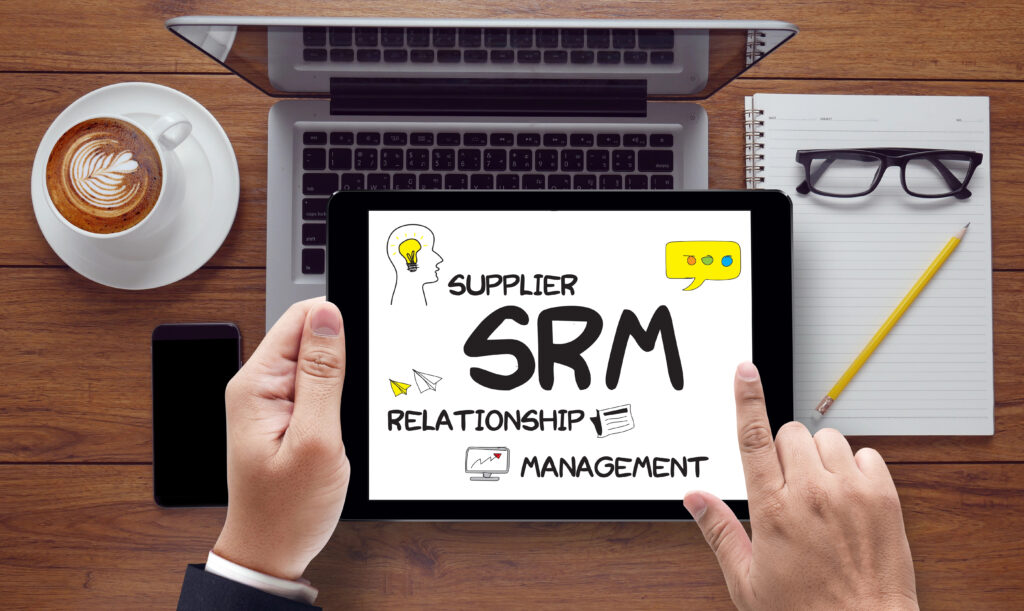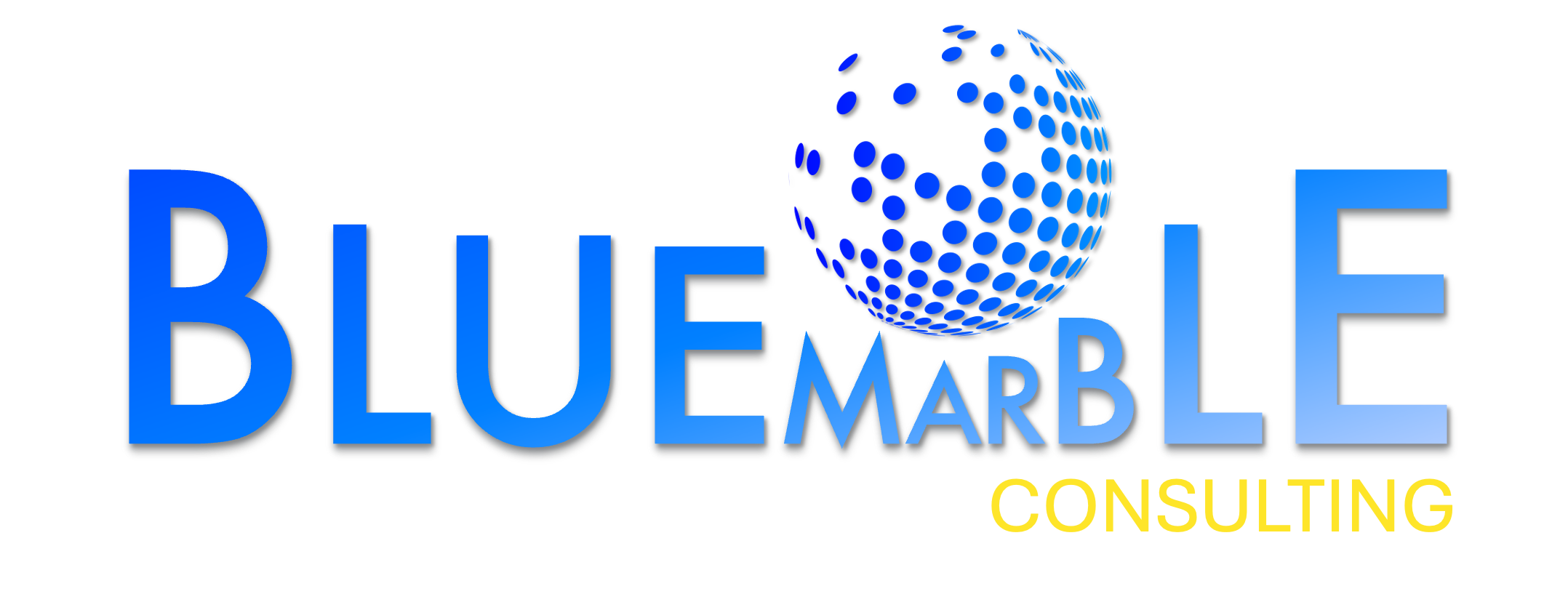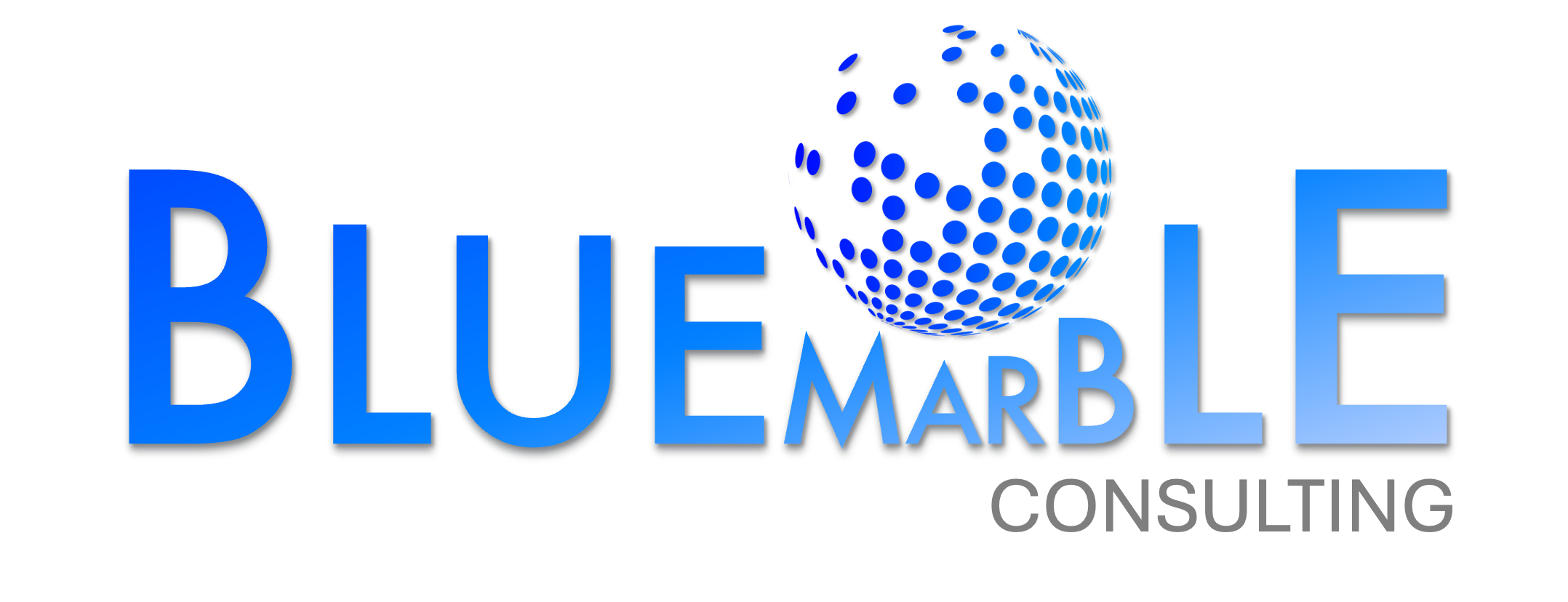Contact us at Bluemarble consulting office nearest to you or submit a business inquiry online.
We realized early on that to make a significant impact as a procurement consulting firm, extensive experience in both technology and business is essential.

Strategy & Global Sourcing
Bluemarble: Find Your Strategic Sourcing Partner in Asia
Based in South Korea, Bluemarble specializes in connecting clients with optimal sourcing arrangements and partnerships across Asia. Our expertise lies in managing complex, multi-faceted sourcing projects, leveraging our extensive experience in business development, strategy, and technology.
As strategic sourcing consultants, we offer comprehensive procurement process optimization to deliver substantial cost savings. Our approach includes in-depth spend analysis to identify opportunities, implementation of industry best practices such as RFPs and contract optimization, deployment of cutting-edge spend analytics tools, development of effective category management strategies, and customized training programs to enhance team capabilities. This holistic approach helps clients streamline operations, maximize margins, and achieve significant cost reductions.
For critical component and material sourcing, our end-to-end supply chain services cover every aspect from requirements definition to supplier consolidation. We identify qualified suppliers, develop RFPs, negotiate contracts, mitigate risks, conduct cost analyses, ensure quality assurance, manage logistics and inventory planning, and drive continuous improvement. Our team also focuses on compliance and performance monitoring, working towards building a robust, cost-effective, and sustainable supply chain.
Partner with Bluemarble to transform your supply chain, ensuring it not only meets but exceeds your expectations in cost-effectiveness and sustainability. With our expertise, you can expect a supply chain that is optimized for your specific needs and positioned for long-term success in the dynamic Asian market.
Range of industries
Spend Analysis
Supplier Market
Research
Cost Analysis
Supplier Relationship
Management(SRM)
Contract Management
Category Management
Strategic & tactical planning
Our renowned coaching programs will allow you to:
- Conducting Spend Analysis – analyzing the organization’s spending patterns to identify cost-saving opportunities, eliminate inefficiencies, and optimize procurement processes.
- Developing Sourcing Strategies – creating and implementing strategic sourcing plans that align with the organization’s overall business objectives, including cost reduction, risk management, and supplier diversity.
- Supplier Market Research – researching and identifying potential suppliers, assessing market trends, and staying informed about new developments and innovations in the supplier market.
- Supplier Evaluation and Selection – evaluating potential suppliers based on criteria such as quality, cost, reliability, and capacity, and selecting the best suppliers to meet the organization’s needs.
- Negotiating Contracts and Terms – negotiating contracts with suppliers to secure the best terms and conditions, including pricing, delivery schedules, and service levels, while ensuring compliance with organizational policies.
- Managing Supplier Relationships – building and maintaining strong relationships with key suppliers, fostering collaboration, and managing performance to ensure that suppliers meet or exceed expectations.
- Cost and Performance Analysis – Continuously monitoring and analyzing costs and supplier performance to identify areas for improvement and implement cost-saving initiatives.
- Risk Management – identifying and mitigating risks associated with the supply chain, such as supply disruptions, quality issues, and market fluctuations, to ensure business continuity.
- Category Management – overseeing specific categories of spend, developing category strategies, and managing them to drive value and efficiency across the procurement function.
- Compliance and Ethical Sourcing – ensuring that all sourcing activities comply with legal, regulatory, and ethical standards, and promoting sustainable and socially responsible sourcing practices.
- Supplier Development – Working with suppliers to improve their capabilities and performance. This can include training, process optimization, and quality improvement initiatives to ensure suppliers can meet the organization’s evolving needs.
- Global Sourcing – Managing and coordinating sourcing activities on a global scale, considering international markets, regulations, and logistics. This involves understanding global supply chain dynamics and leveraging opportunities in different regions.

What you don't know until you experience firsthand
Many companies fail to align their sourcing strategies with their overall business objectives. This misalignment can result in missed opportunities for cost savings, inefficiencies, and an inability to support long-term goals. Without strategic alignment, sourcing efforts may focus too narrowly on short-term gains such as price reductions, neglecting broader benefits like supplier innovation, sustainability, and risk management.
Inconsistent performance, lack of support from internal stakeholders, missed opportunities for value creation.
Companies that have not reached world-class sourcing often lack robust supplier relationship management (SRM) practices. This includes insufficient supplier evaluation, poor communication, and inadequate performance monitoring. Effective SRM is crucial for building strong, collaborative relationships with suppliers, driving continuous improvement, and mitigating risks.
Poor supplier performance, higher supply chain risks, limited innovation from suppliers, and potential supply disruptions.
A major pitfall is the underutilization of advanced technologies and data analytics in the sourcing process. World-class sourcing leverages technologies like e-sourcing platforms, spend analysis tools, and predictive analytics to make informed decisions, optimize procurement processes, and drive efficiencies. Companies that do not invest in these technologies often rely on manual processes and fragmented data, leading to inefficiencies and a lack of actionable insights.
Limited visibility into spending patterns, inefficiencies in procurement processes, slower decision-making, and missed opportunities for cost savings and process improvements.

